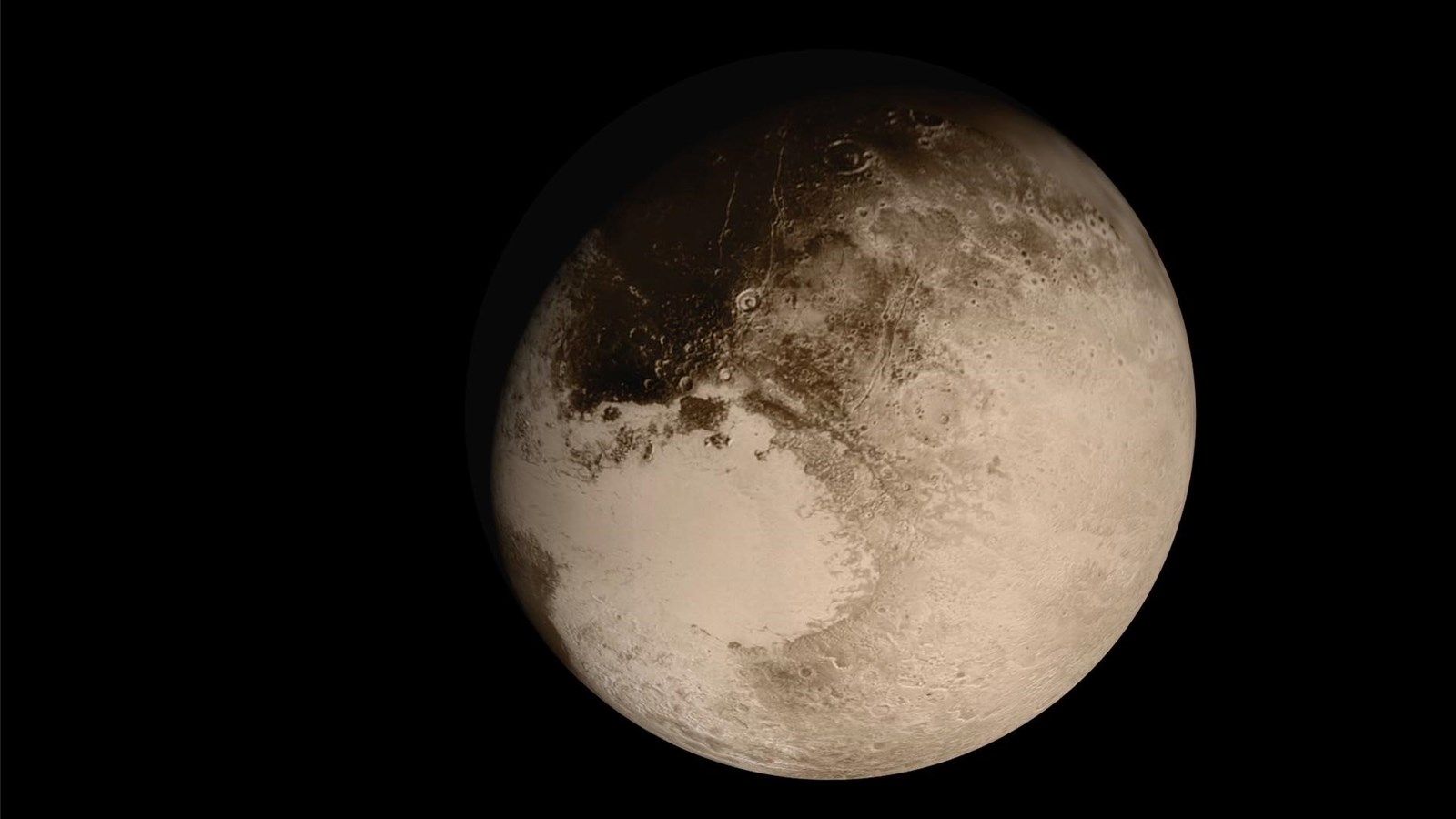
Summary
- Pluto isn’t alone—it’s part of the Kuiper Belt with possibly hundreds of other planet-sized objects.
- Because Pluto hasn’t achieved gravitational dominance in its region, the International Astronomical Union’s 2006 definition of a planet means it no longer qualifies.
- Pluto’s classification change remains controversial, with critics challenging the voting process and planetary enthusiasts struggling to let go of their long-lived understanding of the Solar System.
People’s profound connection with the Solar System led them to feel a remarkable sense of sympathy for Pluto when it was demoted to a dwarf planet in 2006. But why was it reclassified, and why did this cause so much controversy?
Pluto Has Company
For 76 years, Pluto was considered the ninth planet of our Solar System, 3.7 billion miles from the Sun.
What’s more, for the first 62 years following its discovery in 1930, Pluto was thought to be alone, a distant body of ice and rock in a vast abyss of near-nothingness. However, in 1992, David Jewitt and Jane Luu discovered the first celestial object in the outer Solar System aside from Pluto. This confirmed pioneering astronomer Gerard Kuiper’s suspicions that the formation of the Solar System resulted in a disk of debris beyond Neptune, our eighth planet.
In fact, Pluto forms only a tiny part of what scientists today suspect might be hundreds of thousands of objects called the Kuiper Belt. Pluto’s bright, refractive surface meant that it was easier to spot in mid-century telescopes than many other Kuiper Belt Objects (KBOs), which is why it was the first object in the Kuiper Belt to be discovered.
The subsequent discovery of Eris in 2005 sparked serious conversations regarding what constitutes a planet. Previously, scientists thought Pluto was the only planet-sized KBO, so they had no reason to challenge its status. However, since Eris is similar in size to—and greater in mass than—Pluto, scientists started to realize that we might end up having dozens, if not hundreds, of masses called planets as we discover more KBOs.
As a result, the California Institute of Technology’s Professor Mike Brown, who led the team that found Eris, has since been named “the man who killed Pluto.”
The Criteria for Being a Planet Changed
Worried that we might end up with too many planets in the Solar System without clearer parameters, the International Astronomical Union (IAU)—the globally recognized organization for assigning names to celestial bodies—defined the planetary criteria during its 2006 General Assembly. In order to be named a planet, an object must:
- Orbit the Sun,
- Have enough mass to achieve hydrostatic equilibrium (in other words, become rounded in shape), and
- Clear its orbit path of other bodies in its neighborhood.
Since Pluto is surrounded by many other KBOs, it hasn’t achieved gravitational dominance in its region. As a result, it doesn’t fulfill criterion 3, meaning it can no longer be classified as a planet. Instead, Pluto is considered a dwarf planet.
|
Year |
Pluto Timeline Event |
|---|---|
|
1930 |
Pluto was discovered by Claude Tombaugh. |
|
1951 |
Gerard Kuiper speculated about objects beyond Pluto, and these objects were named the Kuiper Belt. |
|
1992 |
David Jewitt and Jane Luu detected the first KBO aside from Pluto. |
|
2005 |
Eris was discovered by Mike Brown. |
|
2006 |
Pluto was downgraded to a dwarf planet after the AIU provided a modern-day definition of a planet. |
Controversy Remains
While this decision might seem cut and dried, some scientists argue that Pluto isn’t the only body that should be reclassified based on the final of the three criteria. For example, you could justifiably argue that our planet has not cleared its path entirely, as there are said to be over 30,000 near-Earth asteroids.
Perhaps even more controversially, when the IAU proposed the new definition for members to vote on in 2006, because the vote was on the final day of the General Assembly in Prague, and many of the scientists had to leave early to catch their flight back home, only 10% of the 2,700 attendees remained to have their say. Pluto defenders argue that the outcome would have been very different had more people voted.
Returning to people’s overriding feeling of sympathy that I mentioned earlier, many of us grew up understanding that Pluto was the Solar System’s ninth planet, and we feel that it has been unfairly targeted in the IAU’s modern definition of a planet. Indeed, I fondly remember being taught some mnemonics in school that helped me remember the order of the planets in the Solar System (my very easy method: just set up nine planets), and I’m still not quite ready to come up with a new one that discounts Pluto.
Related
I’ve Watched Many Meteor Showers—Here’s How You Can Too
There’s more to our sky than constellations and planets.
Source link

